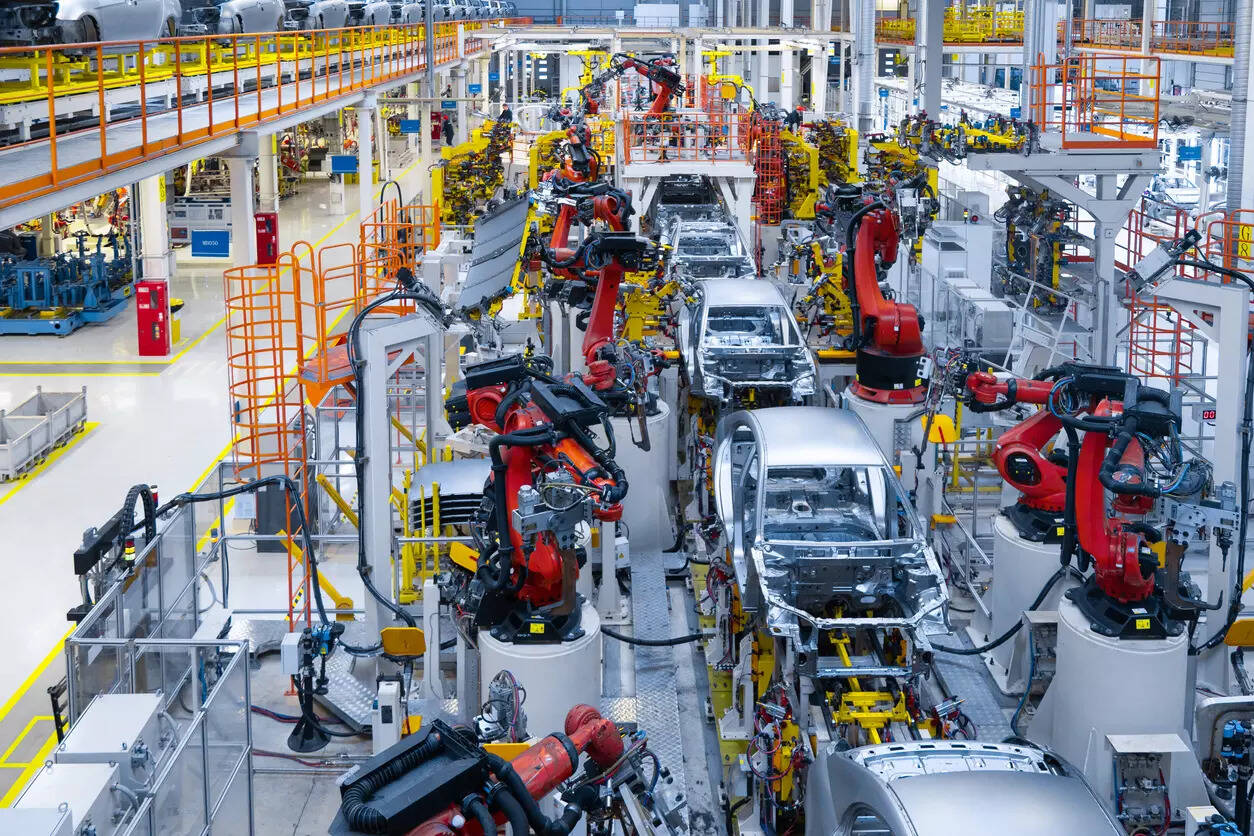
Chinese manufacturers are increasingly giving German manufacturers a run for their money in their home European Union market, especially in the field of advanced industrial goods where Germany is a leader.
A study by the employers’ economic think tank IW found that in some sectors China’s share of EU imports had risen as much as or more in the two years to 2022 as they had in the preceding decade, prompting the think tank to warn that there was a risk of Germany’s economic motor stalling.
After years of growth, Germany’s economy entered recession in May as its champion exporters were battered by supply chain woes, inflation and rising energy costs after Russia’s invasion of Ukraine, prompting much soul-searching on the industrial future of Europe’s economic powerhouse.
“These findings give cause to worry given the challenges of the energy change and problems with Germany’s competitiveness,” said researcher Juergen Matthes.
Among the challenges the study listed was the role played by Chinese state subsidies in many sectors where Chinese companies were taking an increasing EU market share, and while high energy costs following the loss of Russian gas were weakening energy-intensive sectors like chemicals.
High energy costs were also a drag on automotive exports at a time when Chinese e-vehicle makers were starting to conquer the European market, Matthes added.

